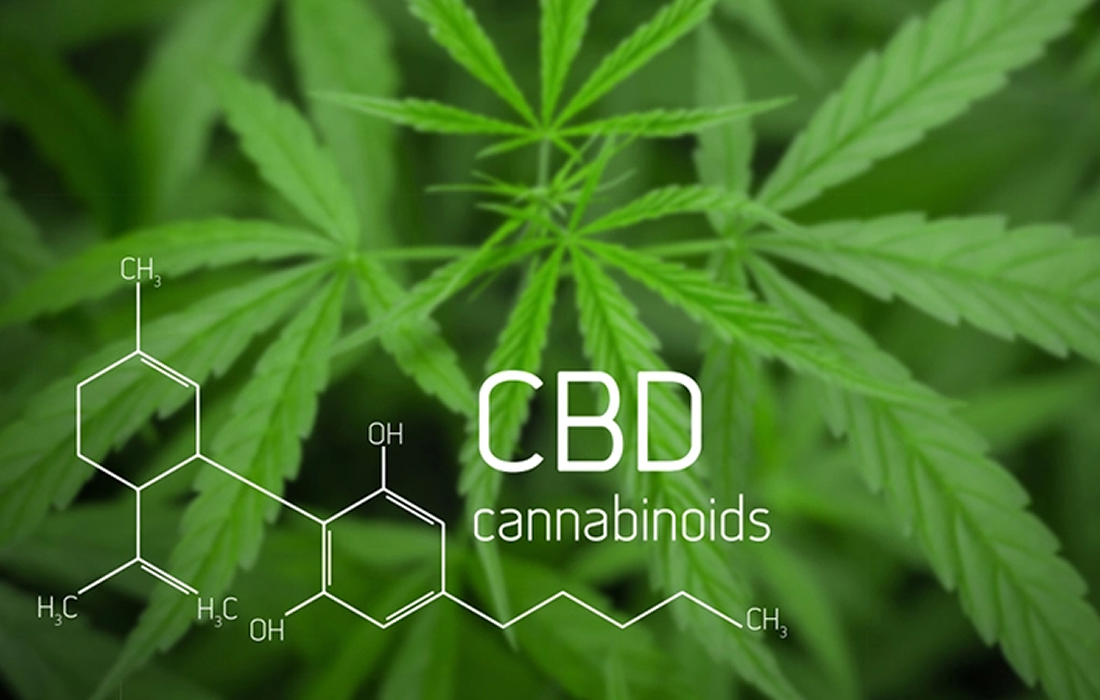Nutrition and Supplements
Can CBD Increase Stem Cell Activity?
Stem cell therapy promotes tissue regeneration and wound healing. Efforts have been made to prime stem cells to enhance their regenerative abilities. Certain marijuana components, namely the non-psychoactive cannabidiol (CBD) and psychoactive tetrahydrocannabinol (THC) are defined as immunomodulators.
Migration and differentiation of mesenchymal stem cells (MSCs) are known to be involved in various regenerative processes such as bone healing. However, little is known about the pharmacotherapeutic options aiming at the mobilization and differentiation of MSCs.
During the last decade, cannabinoid compounds have been demonstrated to confer a broad range of pharmacological effects. In particular, investigations aiming at the role of cannabinoid receptors in bone remodeling and healing have raised considerable interest in cannabinoids as potential drugs for the treatment of osteo-degenerative disorders such as osteoporosis.
Among the cannabinoid compounds, the non-psychoactive plant-derived cannabidiol (CBD) has gained considerable interest for pharmacological implications due to its lack of adverse psychoactive effects that limit the clinical use of classical cannabinoids.
One of the most common uses of medical cannabinoids is in the form of cannabidiol or CBD. It can be easily ingested, generally as an oil or edible, and has beneficial cannabis effects without THC’s mind-altering effects. Typical uses are for the treatment of anxiety, cognition, movement disorders, and chronic pain.
In past years, a number of studies reported various structurally unrelated cannabinoids to confer wound healing properties via enhancement of cellular migration resulting in maintenance of vascular integrity, corneal wound healing, and epithelial wound closure in colonic tissue.
Research Studies on MSCs and CBD
A group of researchers from the Institute of Toxicology and Pharmacology at the University of Rostock, Germany, in collaboration with the Department of Cell Biology of the same university made a study evaluating the properties of CBD over MSCs. They found that CBD induces the migration and osteoblastic differentiation of MSCs.
Other studies have shown that using CBD prior to treatment with mesenchymal stem cells modulates the transcription of genes correlated with the etiology of Alzheimer’s disease. In particular, CBD can lead to the downregulation of the genes coding the main kinases involved in tau protein phosphorylation. Tau, the microtubule-associated protein, forms insoluble filaments that accumulate as neurofibrillary tangles in Alzheimer’s disease.
Scientists from the University of California, San Diego have conducted numerous trials concerning CBD oil’s effects on lab-grown neural stem cells donated from patients with common neurological disorders and have found that cannabidiol strongly regulates proliferation, migration, and neurogenesis of mesenchymal stem cells. This means that CBD combined with stem cell therapy could potentially boost the activation and the cell’s ability to travel through the body.
Source:
llen Schmuhl, et al. Increase of mesenchymal stem cell migration by cannabidiol via activation of p42/44 MAPK, Biochemical Pharmacology, Volume 87, Issue 3, 2014, Pages 489-501, ISSN 0006-2952, https://doi.org/10.1016/j.bcp.2013.11.016.
Libro, R., et al. Cannabidiol Modulates the Expression of Alzheimer’s Disease-Related Genes in Mesenchymal Stem Cells. Int. J. Mol. Sci. 2017, 18, 26. https://doi.org/10.3390/ijms18010026
Miller H, et al. Role of marijuana components on the regenerative ability of stem cells. Cell Biochem Funct. 2021 Apr;39(3):432-441. doi: 10.1002/cbf.3609. Epub 2020 Dec 21. PMID: 33349985.
Image from:

